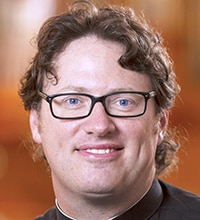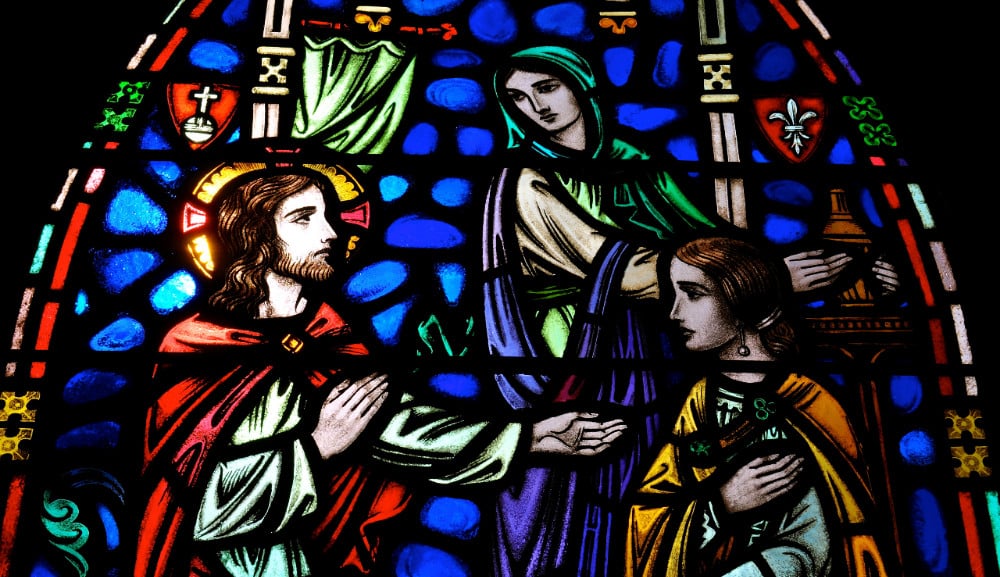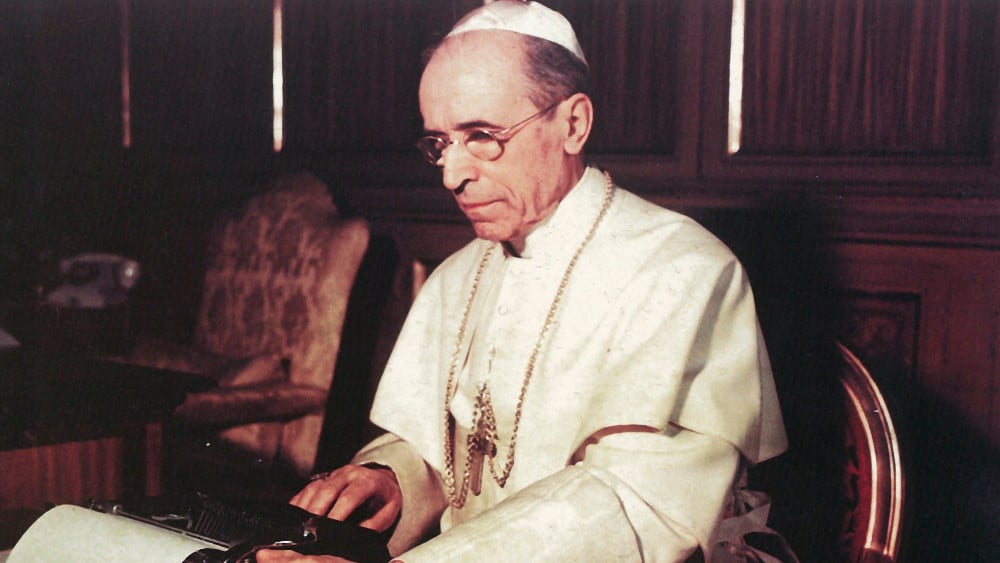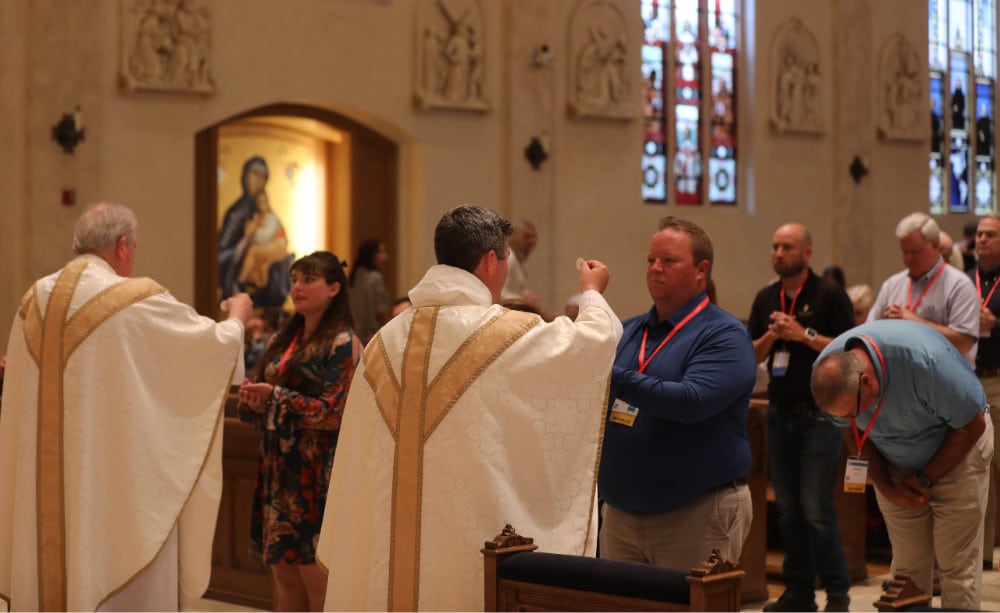 Jesus is making his way to Jerusalem. As he makes his way, he’s being tested; he’s also teaching. How does one inherit eternal life? Who is my neighbor? These are some of the questions people keep throwing at Jesus — not out of genuine interest but, as Luke says, “to test him” (Lk 10:25). What these questions are really getting at, therefore, is Jesus himself. Do I believe him? Is he truly the Christ? Should I accept him? If he is the Christ, then how should I accept him?
Jesus is making his way to Jerusalem. As he makes his way, he’s being tested; he’s also teaching. How does one inherit eternal life? Who is my neighbor? These are some of the questions people keep throwing at Jesus — not out of genuine interest but, as Luke says, “to test him” (Lk 10:25). What these questions are really getting at, therefore, is Jesus himself. Do I believe him? Is he truly the Christ? Should I accept him? If he is the Christ, then how should I accept him?
That is the question underneath this famous passage about Martha and Mary: How does one accept Jesus? Jesus enters Martha’s home, and so naturally she busies herself to welcome the prophet. Suddenly, as one would expect, Martha is “burdened with much serving.” But there, too, is Mary, Martha’s sister. She’s not busy or burdened with much of anything. She just sits at the Lord’s feet and listens to him speak (cf. Lk 10:38-40).
| July 17 – 16th Sunday in Ordinary Time |
|---|
|
Gn 18:1-10 |
What happens next we all know: Martha gets bent out of shape and complains to Jesus about her sister. She’s doing all the work! Mary’s doing nothing! On the surface, Martha’s got a point. We’ve all been there. We know how she feels. That’s why it’s so jarring to hear Jesus basically get on her. “Martha, Martha, you are anxious and worried about many things. … Mary has chosen the better part and it will not be taken from her” (Lk 10:42). Why does he say this? Why doesn’t Jesus show a bit more empathy? Why does he take Mary’s side?
Because she welcomes Jesus with nothing other than openness and faith. Mary does only that thing Jesus has asked his followers to do all along: She listens to him. Mary receives Jesus with simple adoring regard, with the powerless faith God asks of all who receive him. We needn’t work to receive Christ; we must simply be still, listen and adore. “Be still and know that I am God” (Ps 46:11). This is precisely what Mary does. That’s why Jesus calls it the “better part.” Because that’s the best way to receive Jesus — as gentle, contemplative, forgiven adorers.
But, of course, there’s another way to look at it, perhaps more common. I’ve always associated this other way of reading the Martha and Mary story with the Cistercians, but one comes across it everywhere. St. Aelred of Rievaulx, for example, once said to his monks, “never separate these two women. … Do not neglect Martha for Mary, nor Mary for Martha.” St. Aelred interpreted it significant that Christ came to both women, that he entered the one house of Mary and Martha. For him, and other Cistercians, it pointed to a truth about the spiritual life: Sometimes we’ll be contemplatives like Mary and other times workers like Martha. And that’s OK, for Christ came to both women. Undoubtedly, contemplation is the “better part.” To give one’s attention only to God is better. But sometimes the world of Martha beckons us; and when it does, we must commit to good works. Sometimes we simply must be like Martha.
The spiritual balance between Mary and Martha, St. Bernard of Clairvaux called alternatio. “Set apart some portion of your heart and your time for consideration,” St. Bernard taught. Really, that is the best we can do this side of heaven: We must be people who do not forget to pray, to meditate, to adore, to receive. We must not forget to be like Mary. We can’t always be Martha. In this life, necessarily, we’ll have to alternate betwixt the two. So, ask yourself: Where do I fit into all this? Christ has indeed come to us. Christ indeed desires to enter your house. So, how will you receive him? What part of you is Mary? What part is Martha? Reflect on that, but also don’t worry too much about it. Because Jesus loves you always. He still comes.
Father Joshua J. Whitfield is pastor of St. Rita Catholic Community in Dallas and author of “The Crisis of Bad Preaching” (Ave Maria Press, $17.95) and other books.







